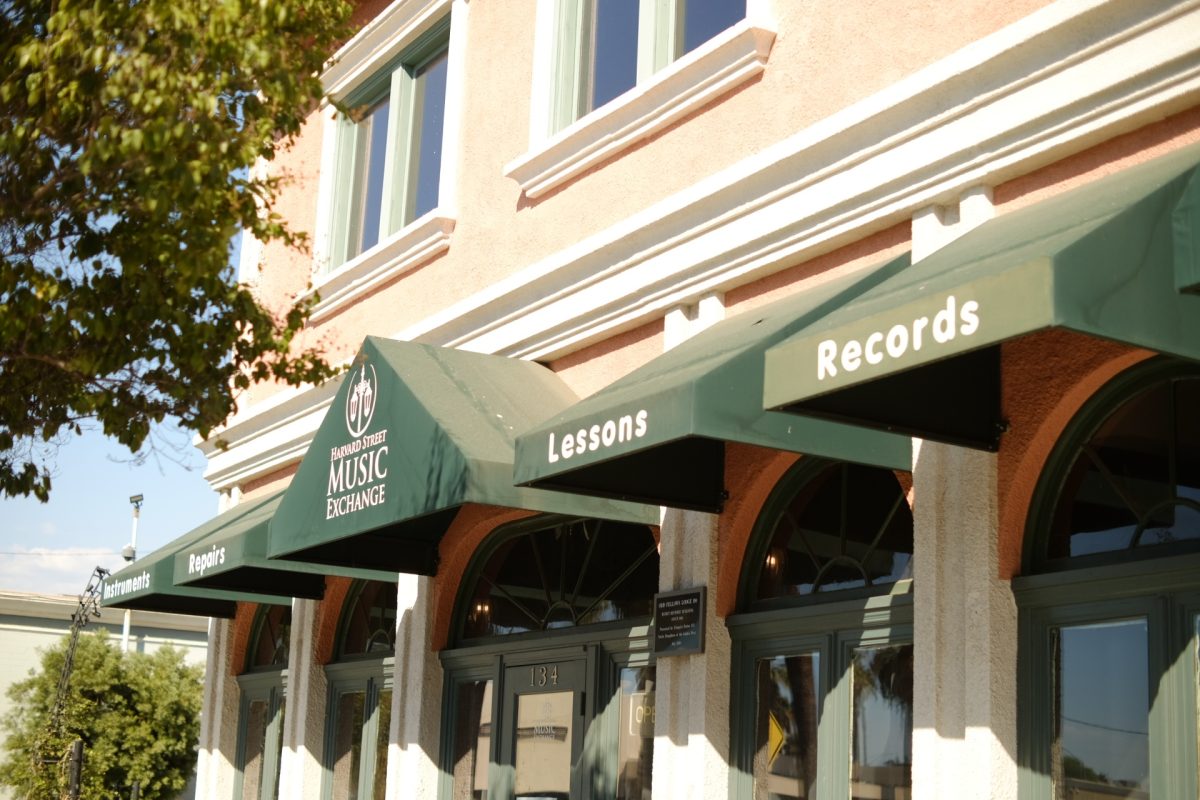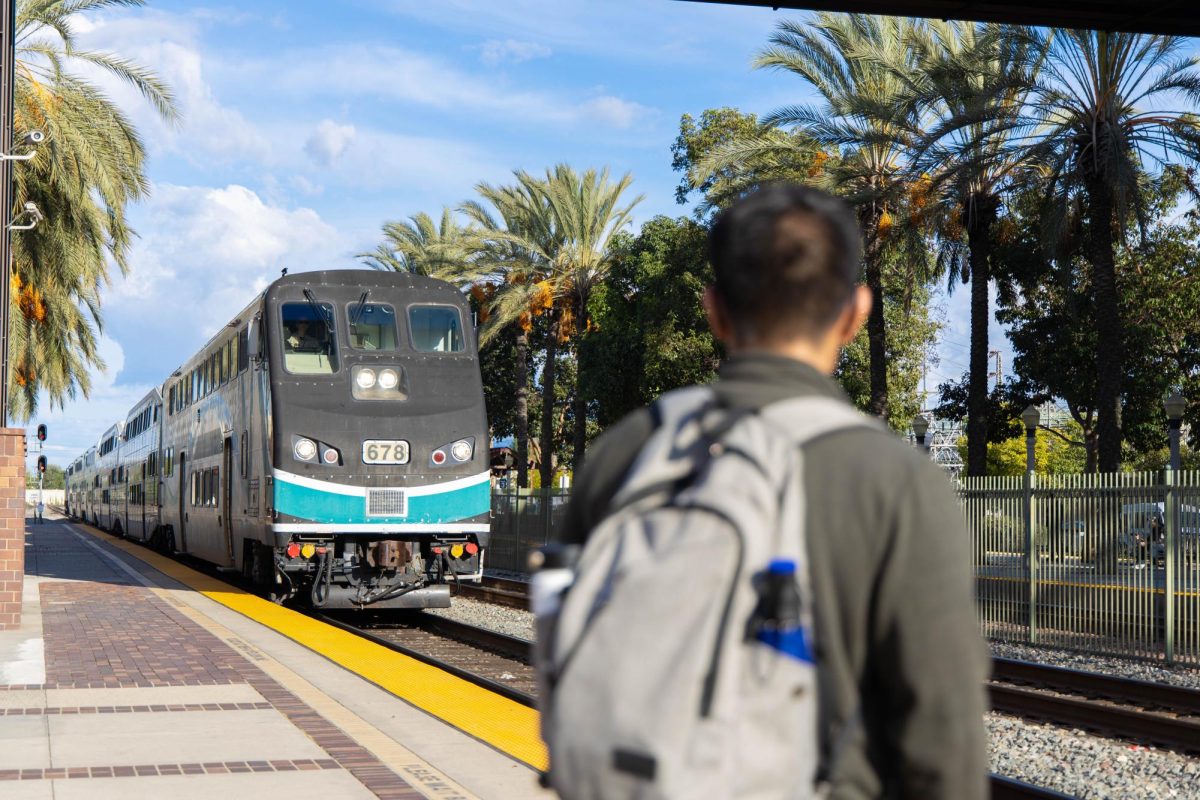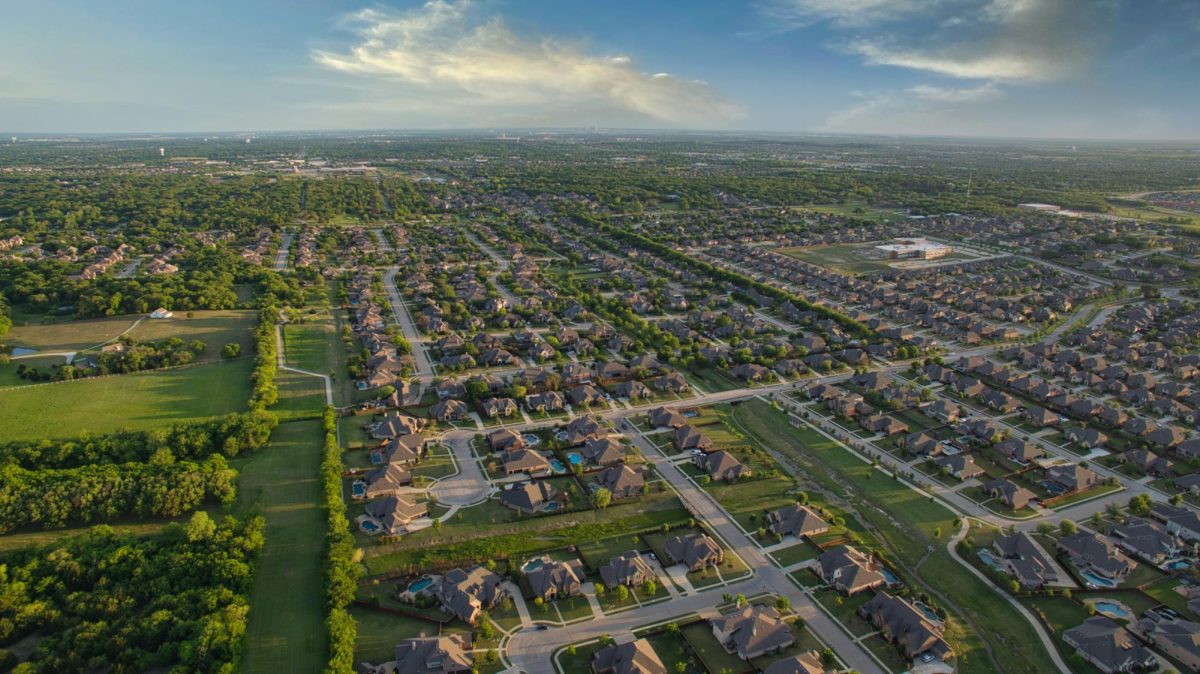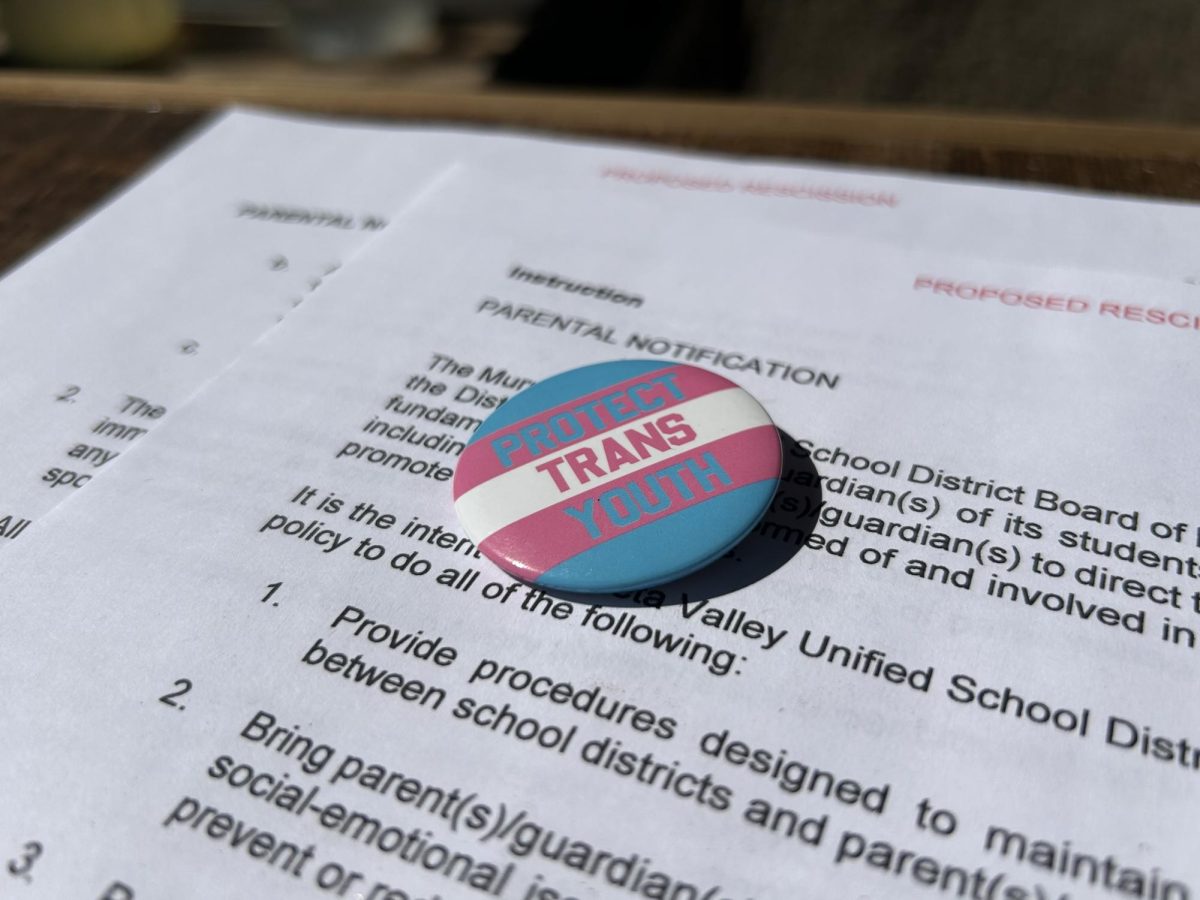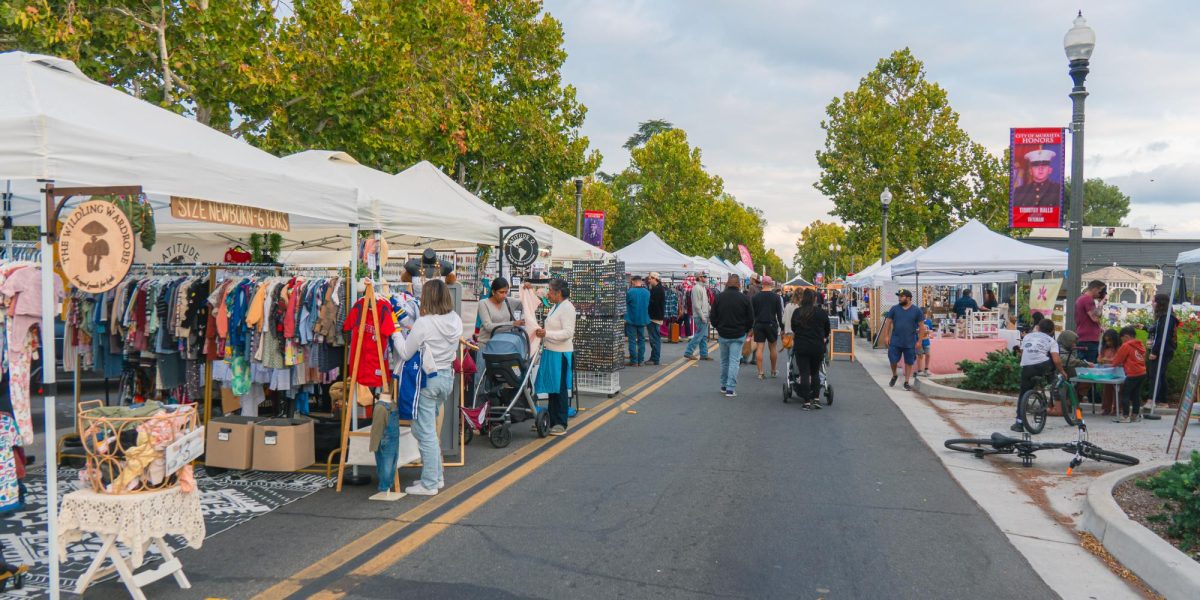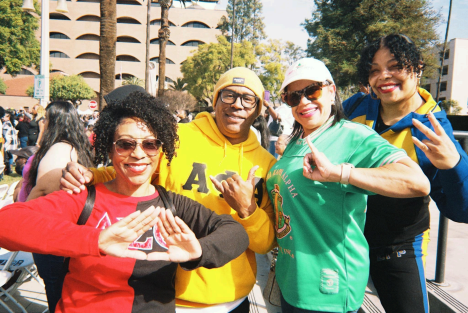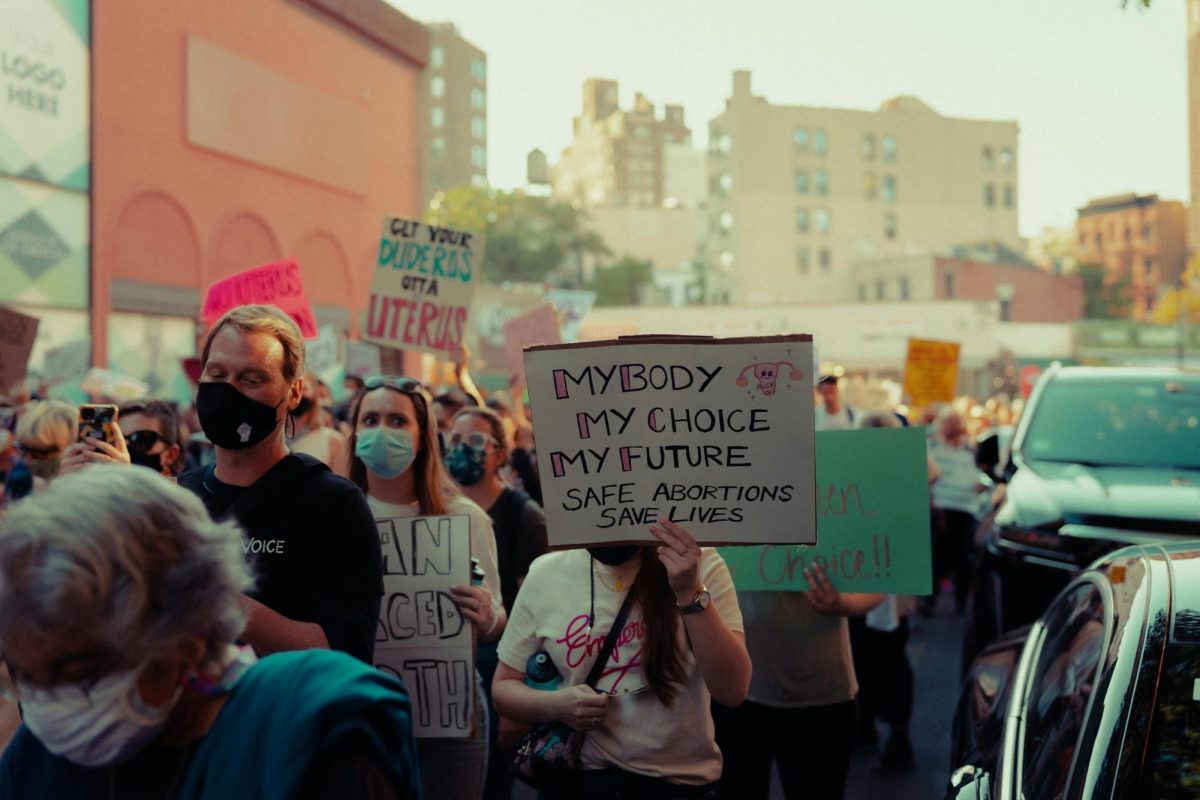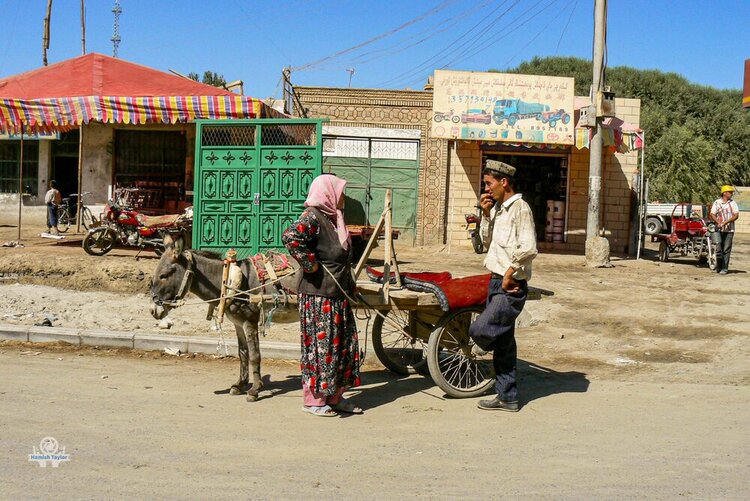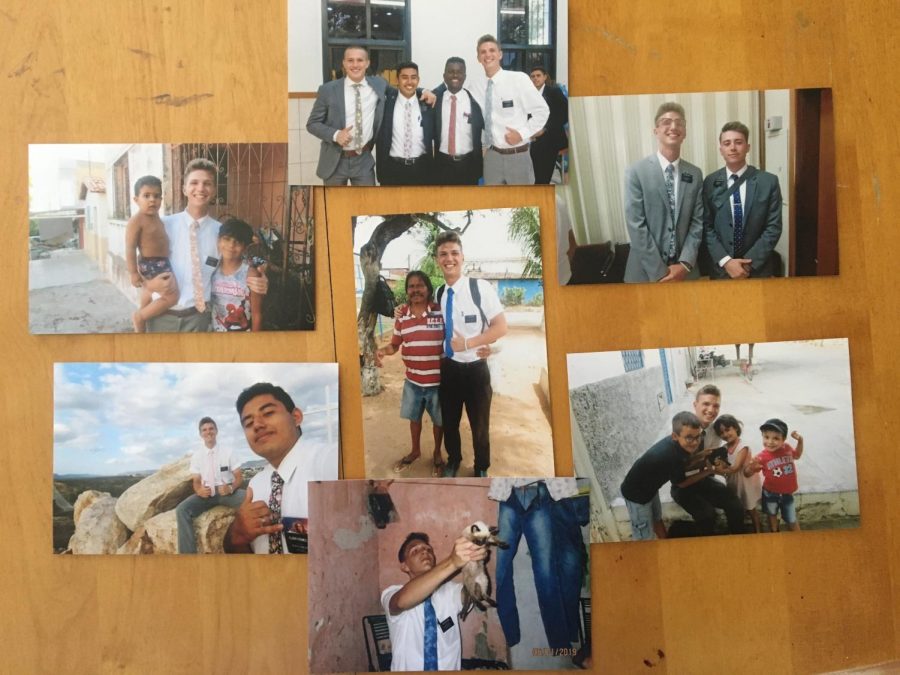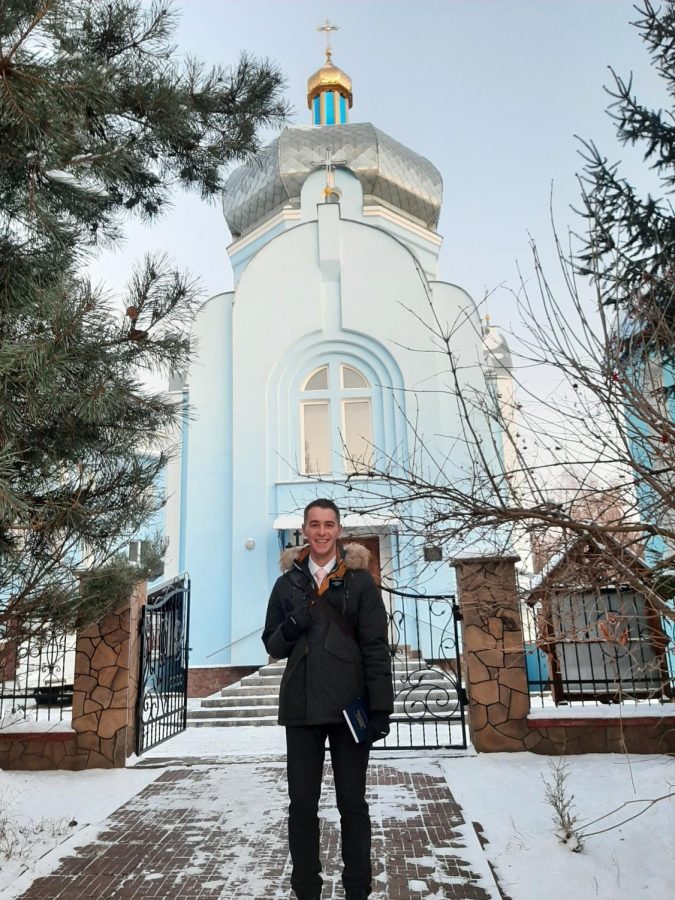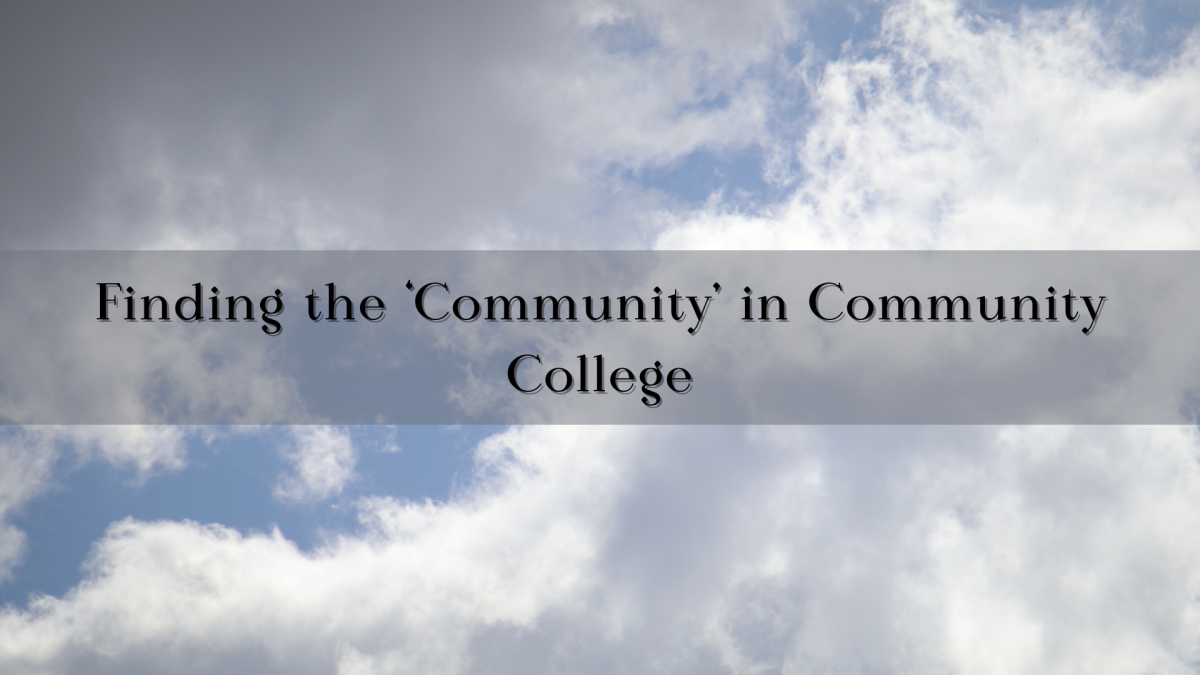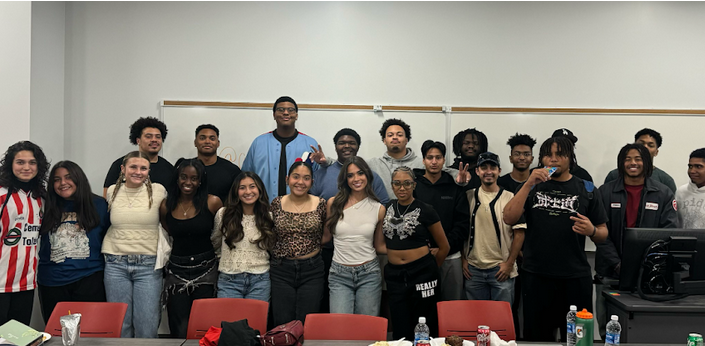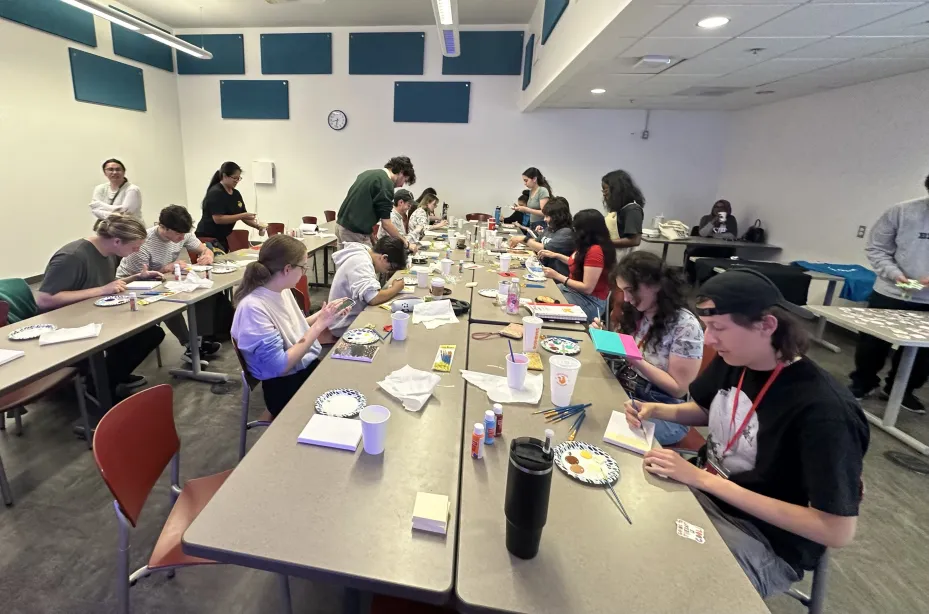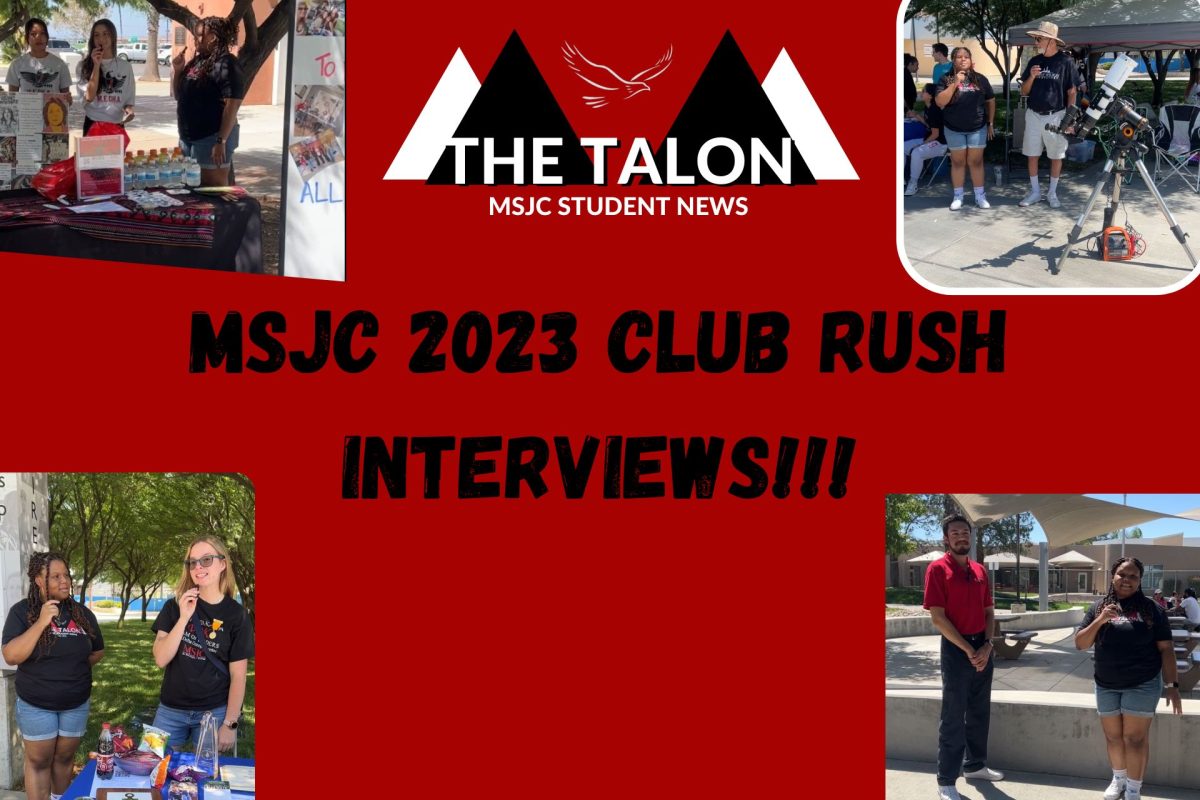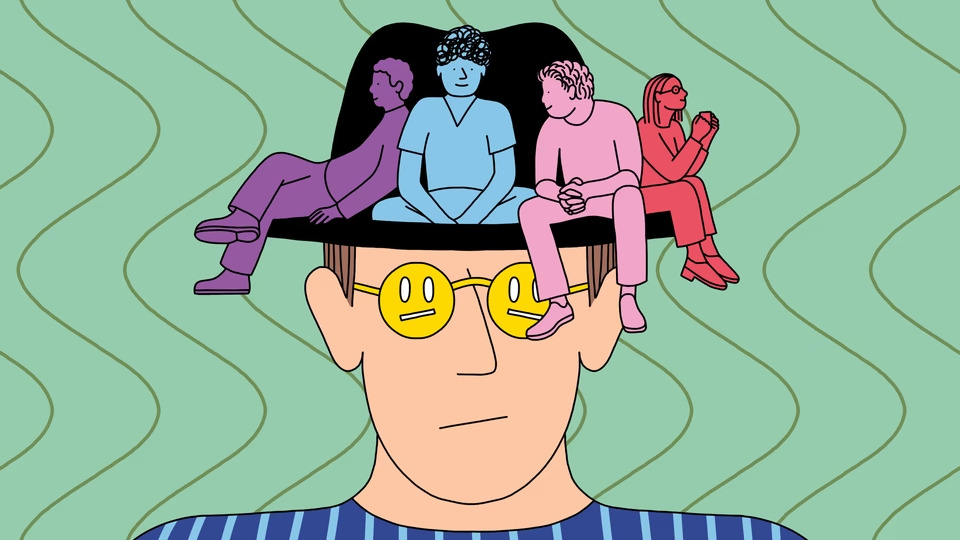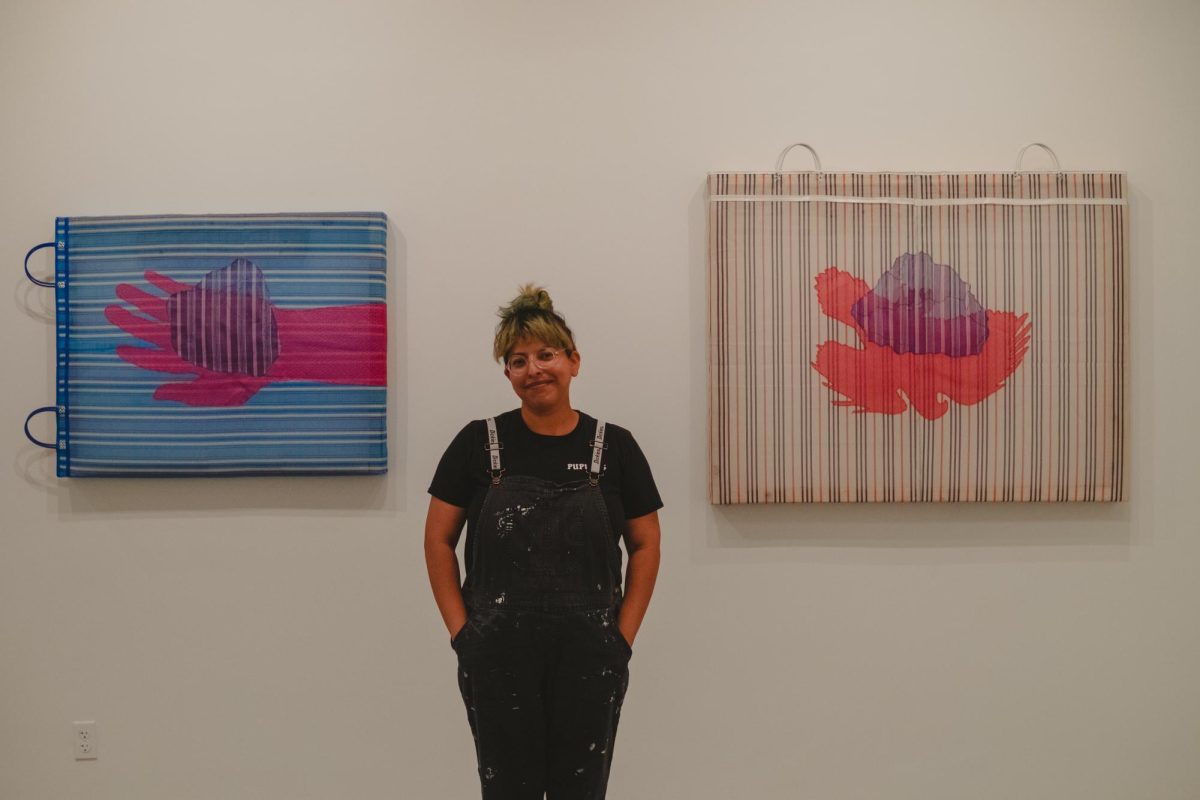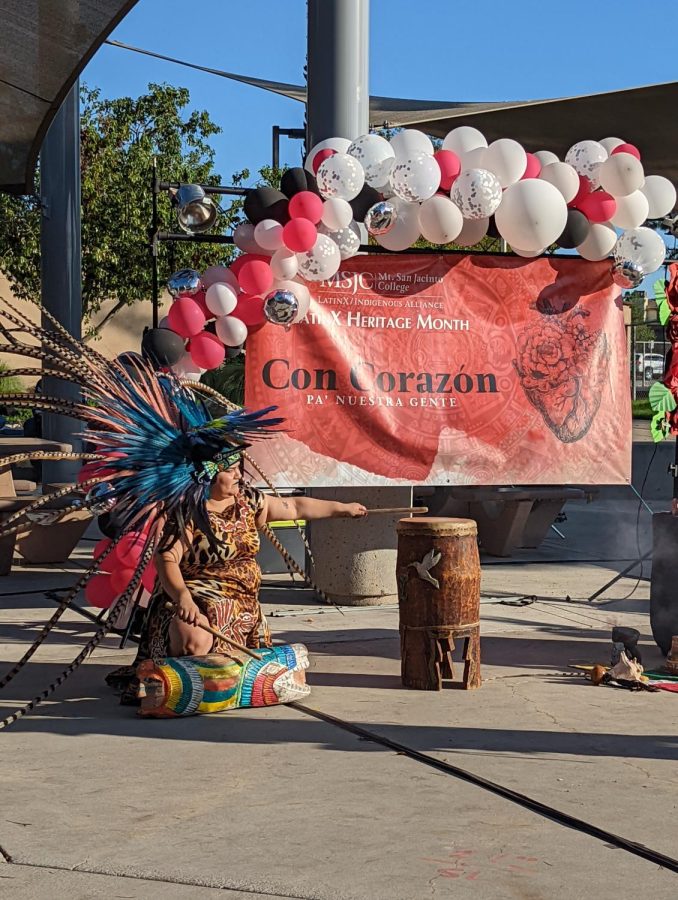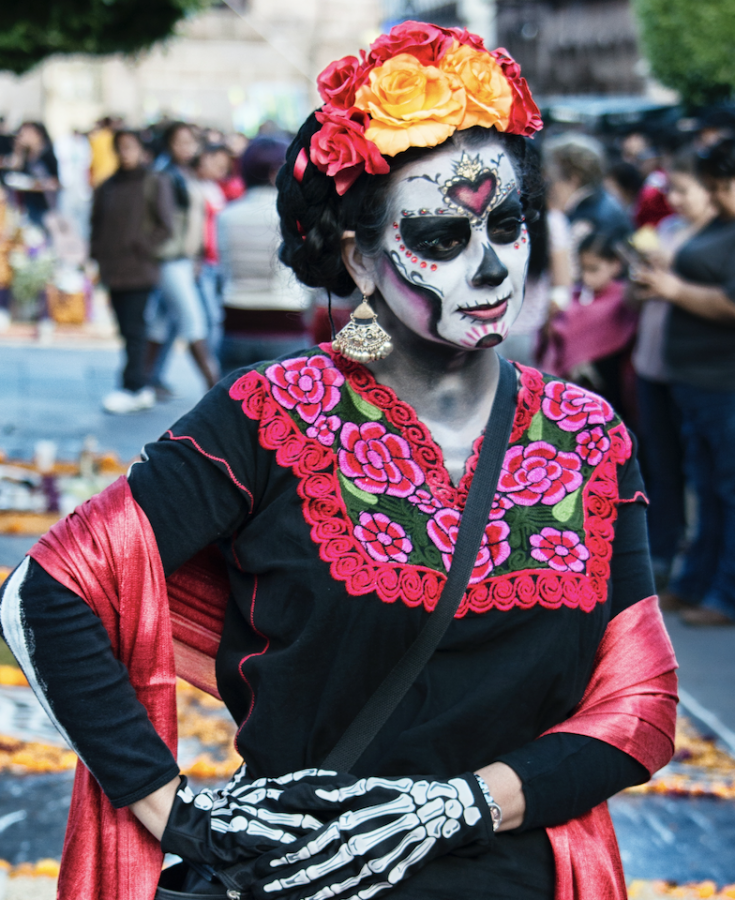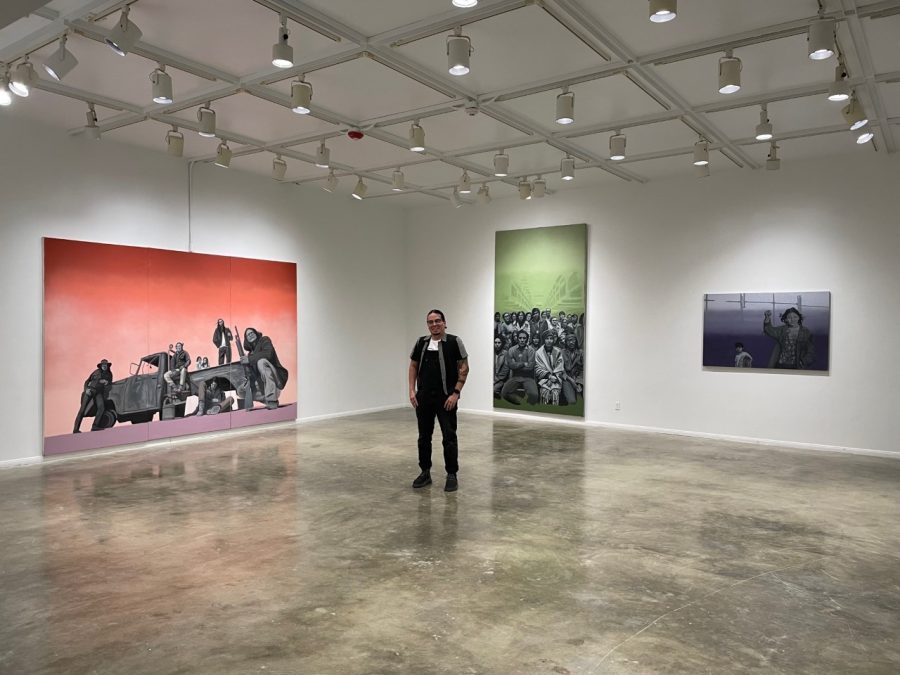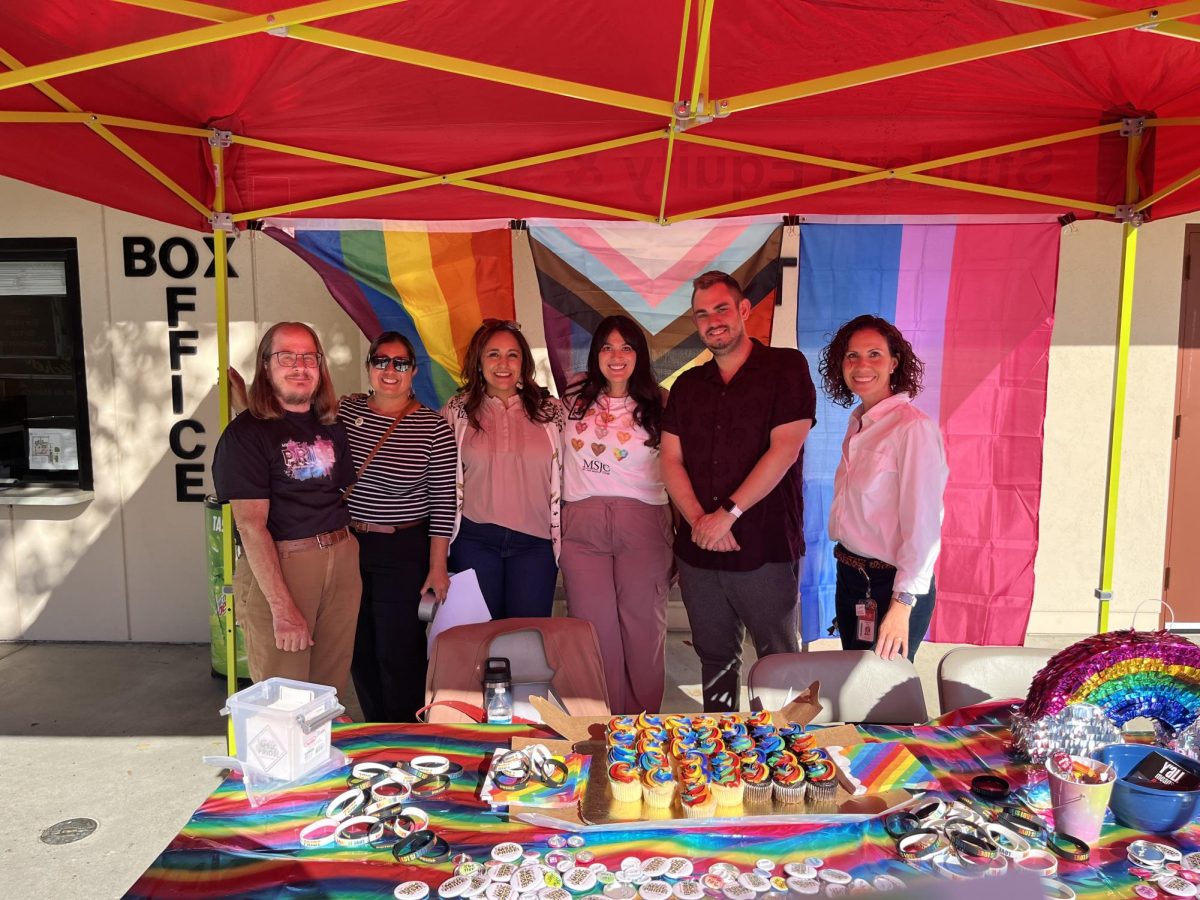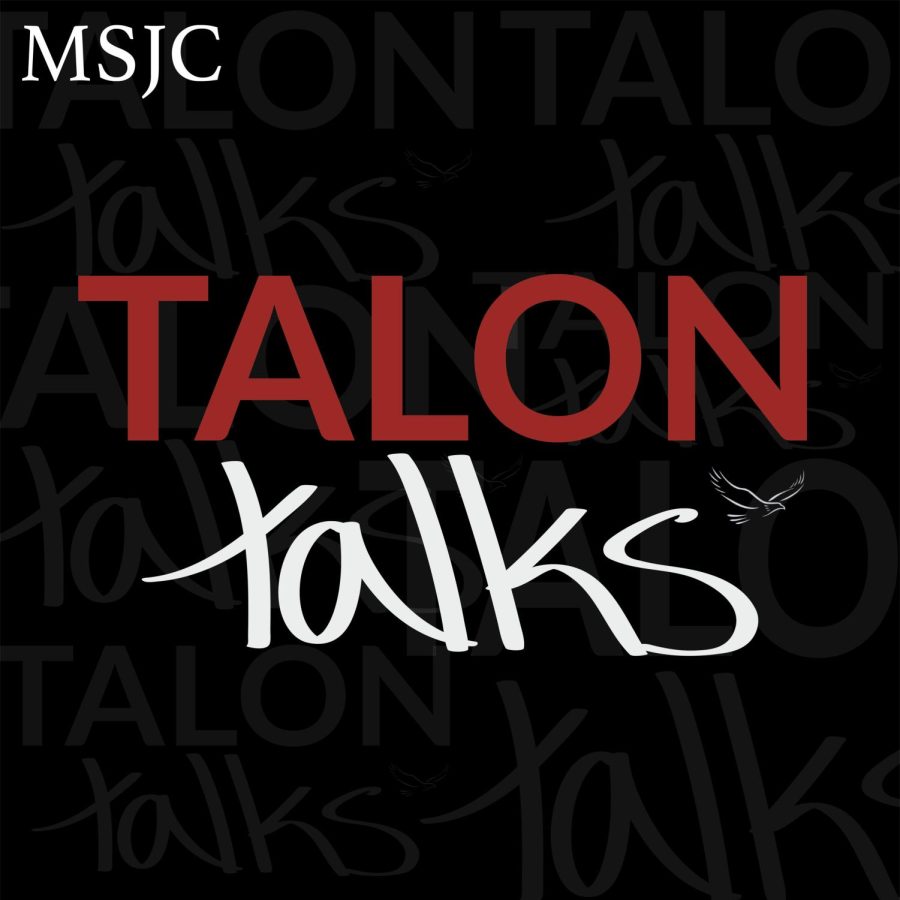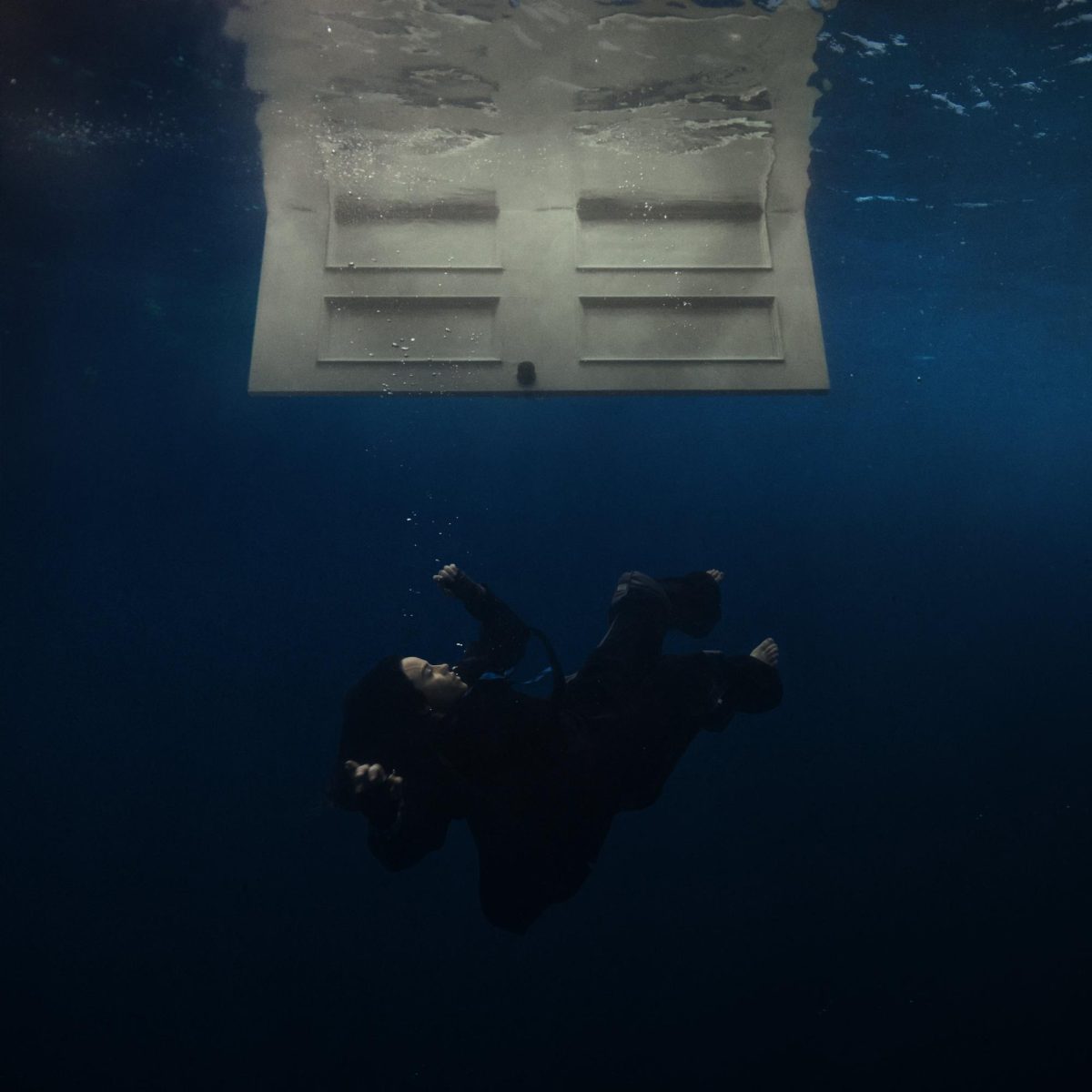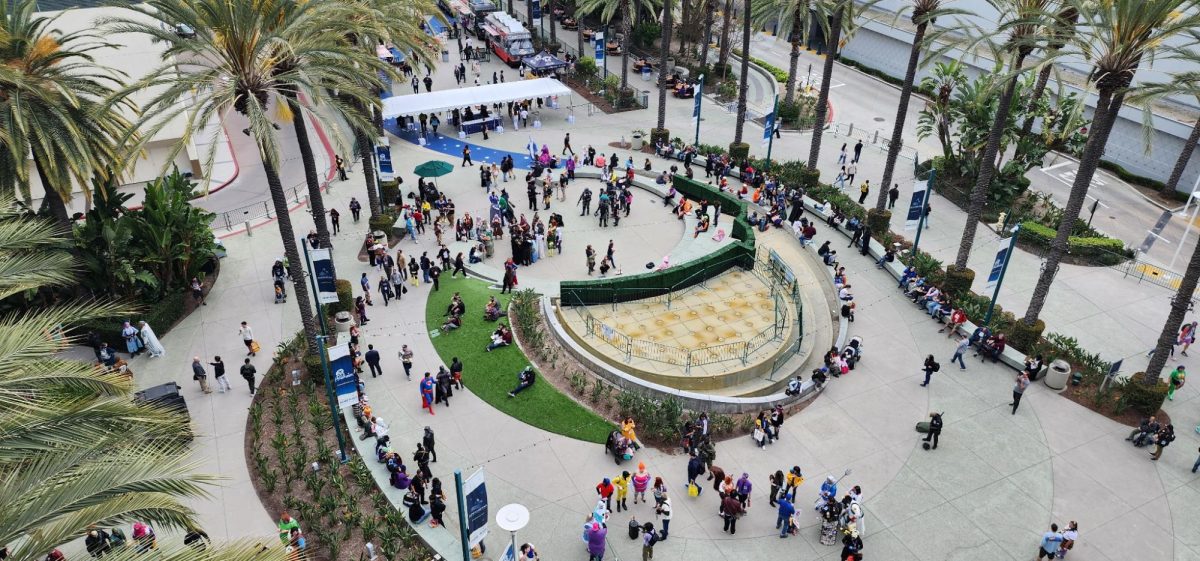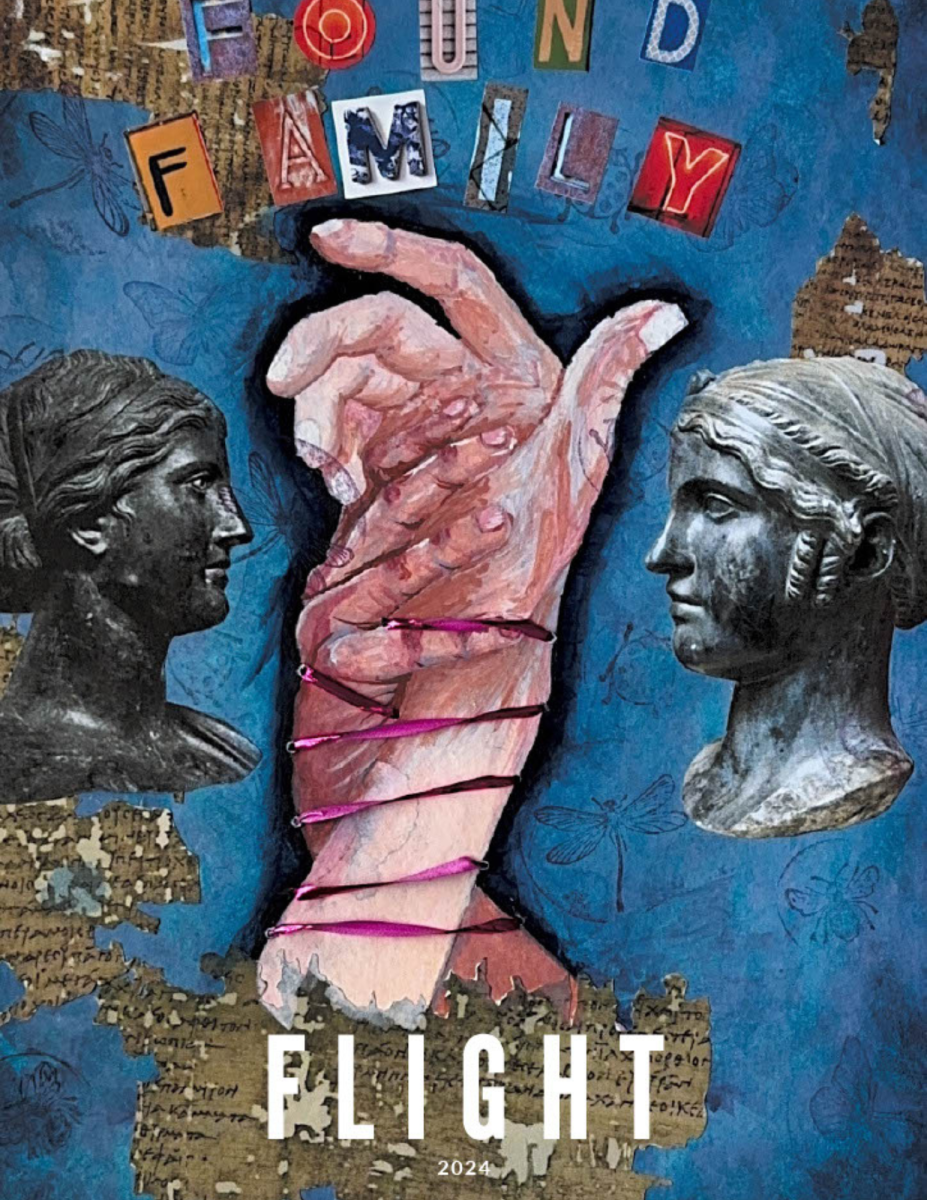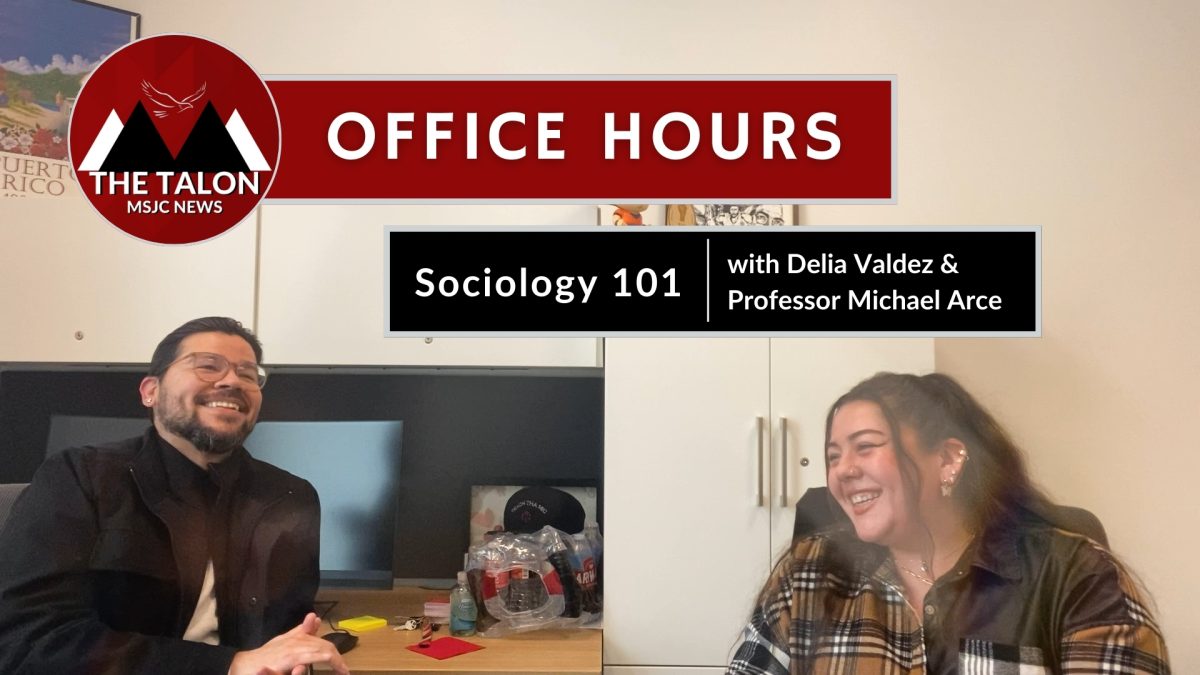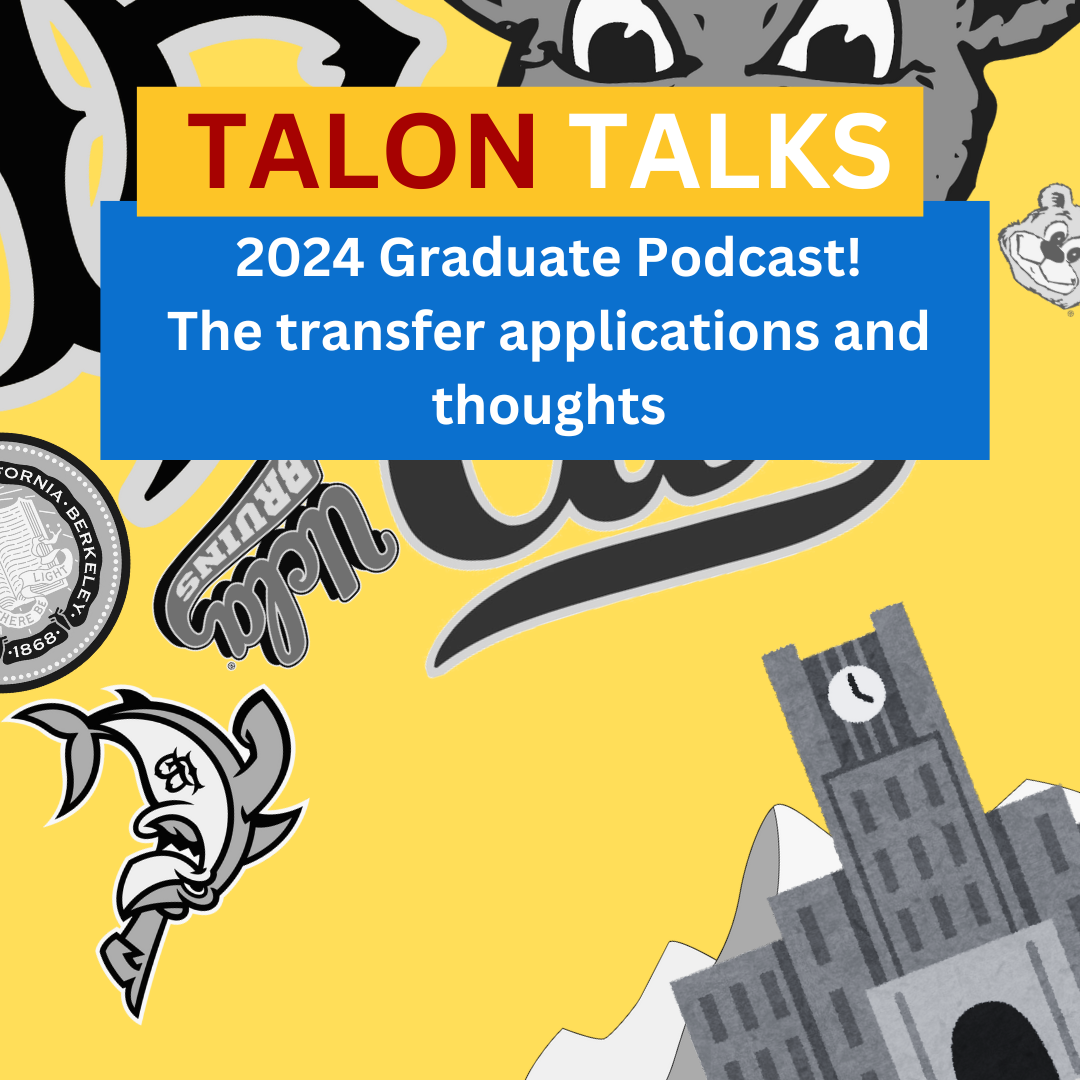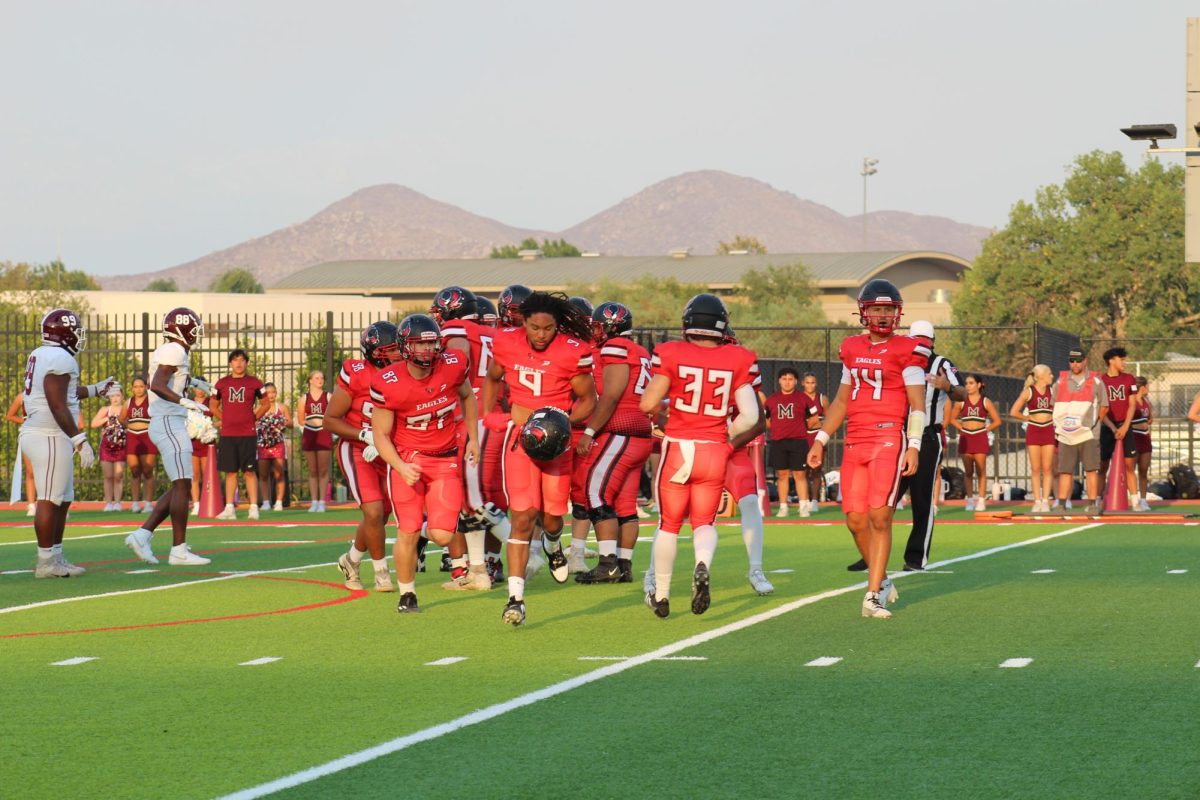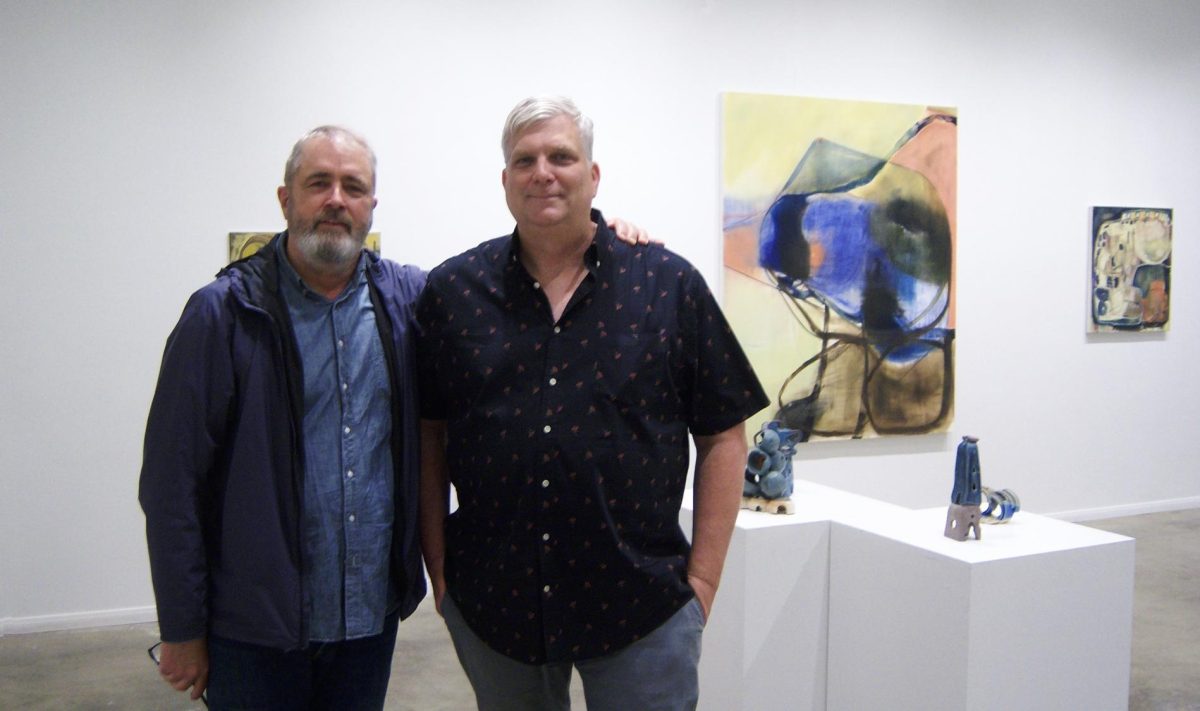Contrary to their name, community colleges can feel less like communities and more like an antisocial bubble. Mt. San Jacinto Community College is no stranger to this phenomenon, with factors such as commute times, the impact of COVID-19, and perceptions of Community Colleges. While it is not clear, there might be a fix but it won’t be easy.

In 2024, Mount. San Jacinto Community College reported that 24% of students were under the age of 24. British researchers, Edward Pyle and Dani Evans, have found that individuals aged 16 to 24 are more susceptible to feeling lonely, which can be attributed to various factors such as the effects of COVID-19, and Social Media. Additionally, of 100 United States College Students surveyed by Active Minds in 2023, nearly two-thirds reported that they feel lonely, the majority were concerned about friends’ mental health, and three in ten reported psychological distress.
Cheyla Garcia, a Mt. San Jacinto Community College Child Development Professor, has taken it upon herself to study the loneliness epidemic, and how to solve it. In an interview with Professor Garcia, we discussed how the effects of loneliness are even more susceptible in community college students.
“I’ve been to both,” she explains, “and I can tell you this, it really is about the worldview.” “People say junior colleges are not as important as universities, and therefore, that worldview creates perceptions and decisions are made to not fund this school or have as many resources.” The number of students attending Community colleges is currently dropping, and The number of students at community colleges has fallen 37 percent since 2010, or by nearly 2.6 million. Additionally, community colleges receive $8,800 less in funding per student, resulting in a total gap of $78 billion.
Community colleges that offer on-campus dormitories are sparse, and Mt. San Jacinto Community College is included among the majority that don’t. This means that more students are spending time commuting to college, and less time on campus socializing. “some students still rely on getting dropped off by parents or getting dropped off by a sibling” Professor Garcia explains, “There might be only one car in the house and they have to figure out how to get there.” “There’s so much that goes on in a big university.” “There’s like a sense of pride, there iss a sense of connection. the culture itself, the beliefs, the tradition, it comes with an identity.” “An institution comes with an identity. If it’s a positive identity, you’re gonna have positive results, but if it’s a negative identity, it’s gonna have negative results.”
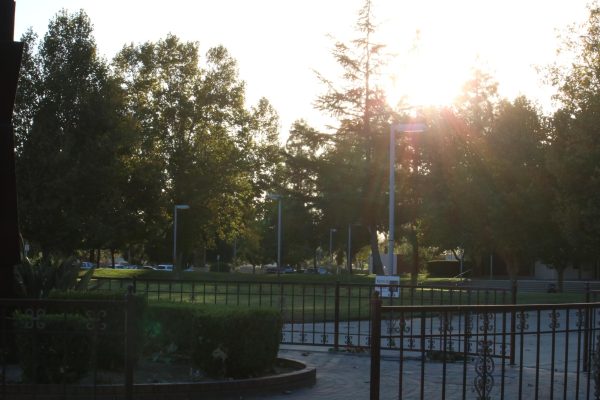
Socialization is one of the most important activities for humans, and a healthy social life also creates a healthy body, and mind. “The whole point of social interaction is to build up,” Professor Garcia explained. When asked about if it was the students responsibility to strive for a stronger on-campus social life, she had this to say: “I think you’re going to regret it if you don’t.”


